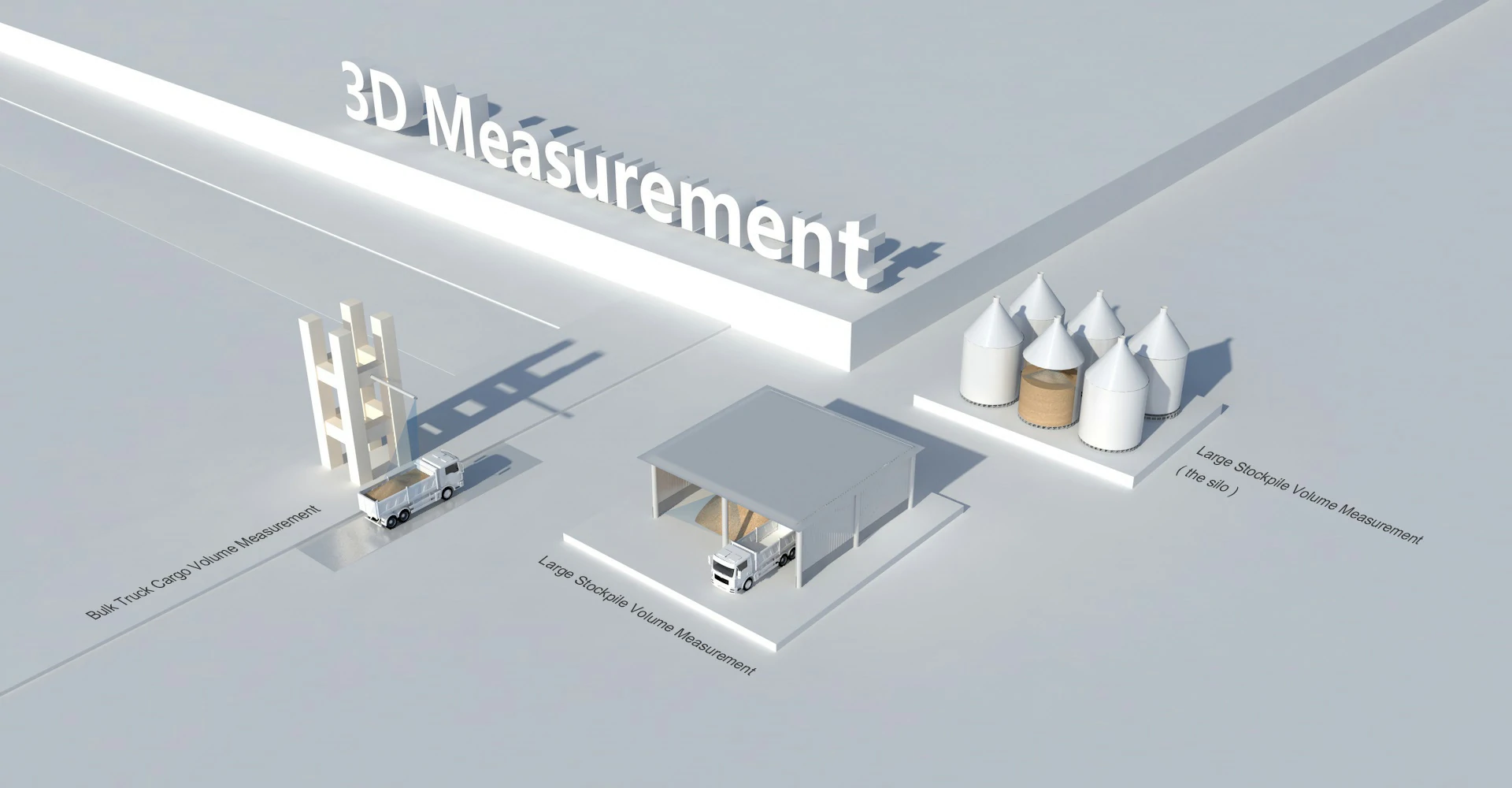
What is LIDAR ROBOT VACUUM
A LIDAR robot vacuum is a type of robotic vacuum cleaner equipped with Light Detection and Ranging (LIDAR) technology. This advanced sensor technology allows the robot vacuum to create a detailed map of its surroundings, enabling it to navigate efficiently and avoid obstacles while cleaning. The LIDAR system uses laser beams to measure distances and detect objects in its path, allowing the robot vacuum to move around furniture, walls, and other obstacles with precision. Overall, a LIDAR robot vacuum offers superior navigation capabilities and ensures thorough cleaning performance in any home environment.
The Main Technology in LIDAR ROBOT VACUUM
The main technology in a LIDAR robot vacuum is the Light Detection and Ranging (LIDAR) sensor. This advanced sensor technology uses laser beams to create a 360-degree map of the surrounding environment, allowing the robot vacuum to navigate and clean efficiently. The LIDAR sensor helps the robot vacuum to detect obstacles, avoid collisions, and accurately map out the cleaning path. By utilizing this cutting-edge technology, LIDAR robot vacuums can provide thorough and precise cleaning results in various types of spaces.


Applications of LIDAR ROBOT VACUUM
LIDAR robot vacuums are revolutionizing the way we clean our homes and workplaces. These advanced cleaning devices use Light Detection and Ranging (LIDAR) technology to create detailed maps of their surroundings, allowing them to navigate efficiently and avoid obstacles with precision. The applications of LIDAR robot vacuums extend beyond just vacuuming floors - they can also be used for mapping and monitoring indoor environments, such as in commercial spaces or warehouses. Additionally, LIDAR robot vacuums can be integrated with smart home systems, allowing users to control and schedule cleaning tasks remotely. Overall, the versatility and efficiency of LIDAR robot vacuums make them a valuable tool for maintaining clean and organized spaces effortlessly. Brief answer: LIDAR robot vacuums have diverse applications in cleaning, mapping, monitoring, and smart home integration, making them an essential tool for efficient and convenient maintenance of indoor environments.
Benefits of LIDAR ROBOT VACUUM
Lidar robot vacuums offer a range of benefits that make them a popular choice for homeowners looking to simplify their cleaning routine. One key advantage is their advanced navigation capabilities, which allow them to efficiently map out and clean a space without getting stuck or missing spots. This results in a more thorough and consistent cleaning performance compared to traditional robot vacuums. Additionally, lidar technology enables these robots to adapt to different floor surfaces and obstacles, ensuring a more customized and effective cleaning experience. Overall, the benefits of lidar robot vacuums include improved cleaning efficiency, better navigation, and enhanced adaptability to various home environments.

LiDAR in Construction Monitoring
Neuvition's Titan series LiDAR sensors offer high-precision 3D scanning capabilities
ideal for construction site monitoring. The Titan M1 series, with its long-range and
high-resolution features, can capture detailed site data for accurate progress tracking
and volumetric measurements.
Neuvition LiDAR Products Overview

Titan S2
Specialized for specific industrial uses.
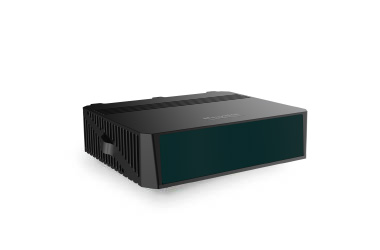
NeuX1
Next-generation LiDAR technology with enhanced capabilities.
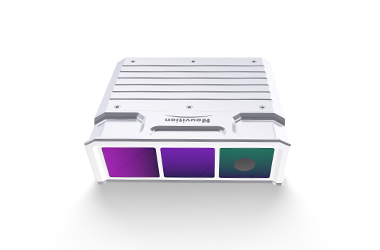
Titan M1 Series
Long-range, high-resolution LiDAR sensors for various applications.

Titan W1
Designed for wide-angle scanning in challenging environments.
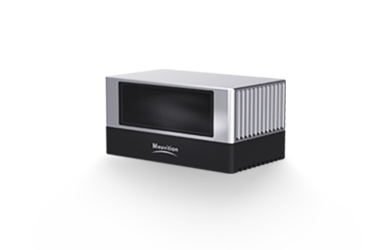
Titan P1
Compact and versatile for mobile and robotics applications.
Neuvition LiDAR Products Overview
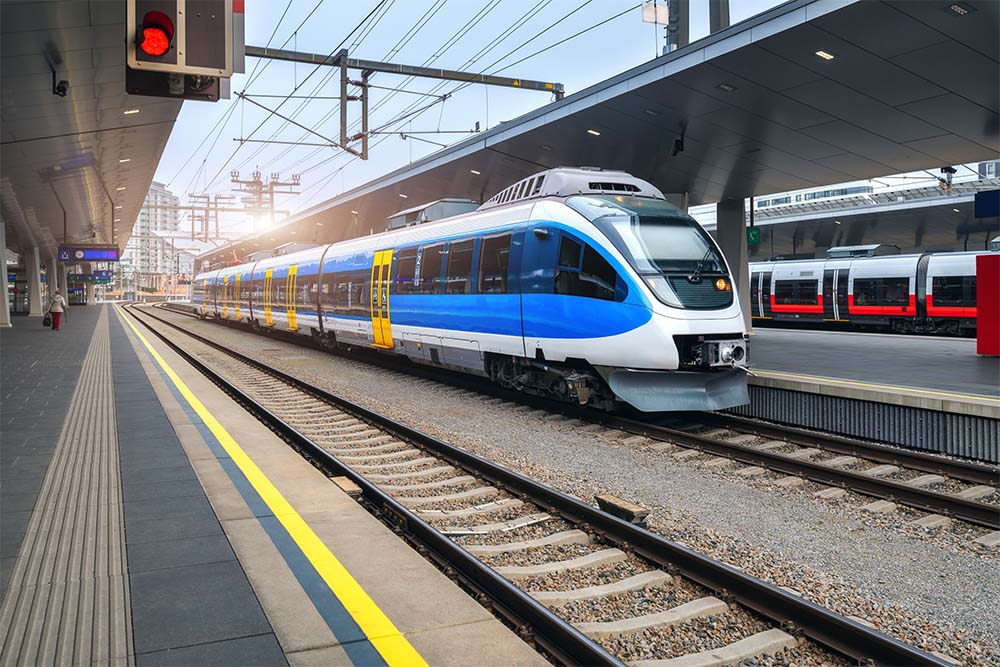
Railway Collision Avoidance
Enhancing safety in rail transportation.
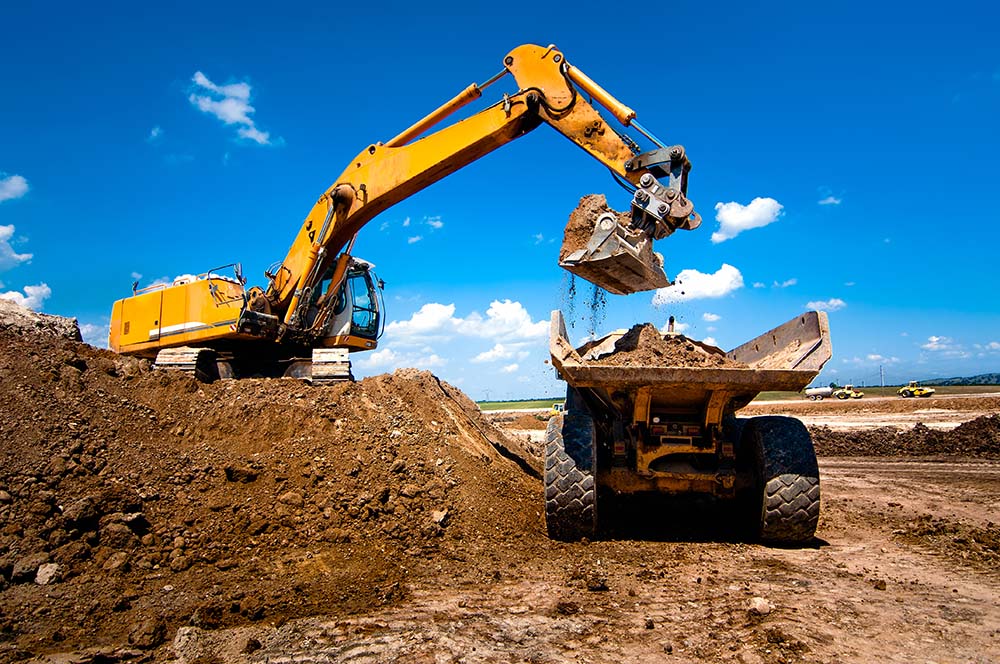
Volume Measurement
Accurate 3D volume calculations for industries like mining and construction.
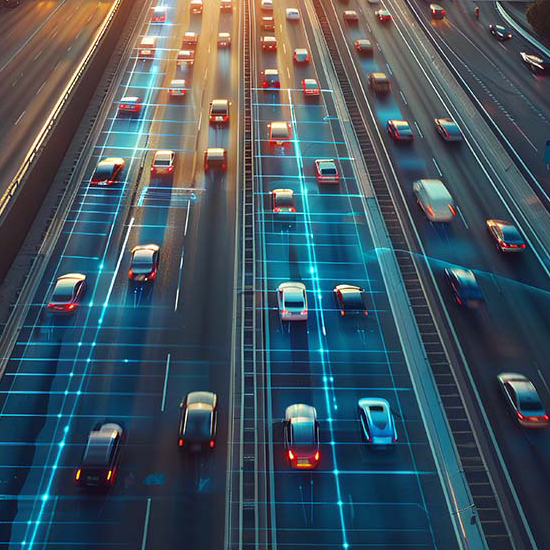
Smart Highway
Improving road safety and traffic management.
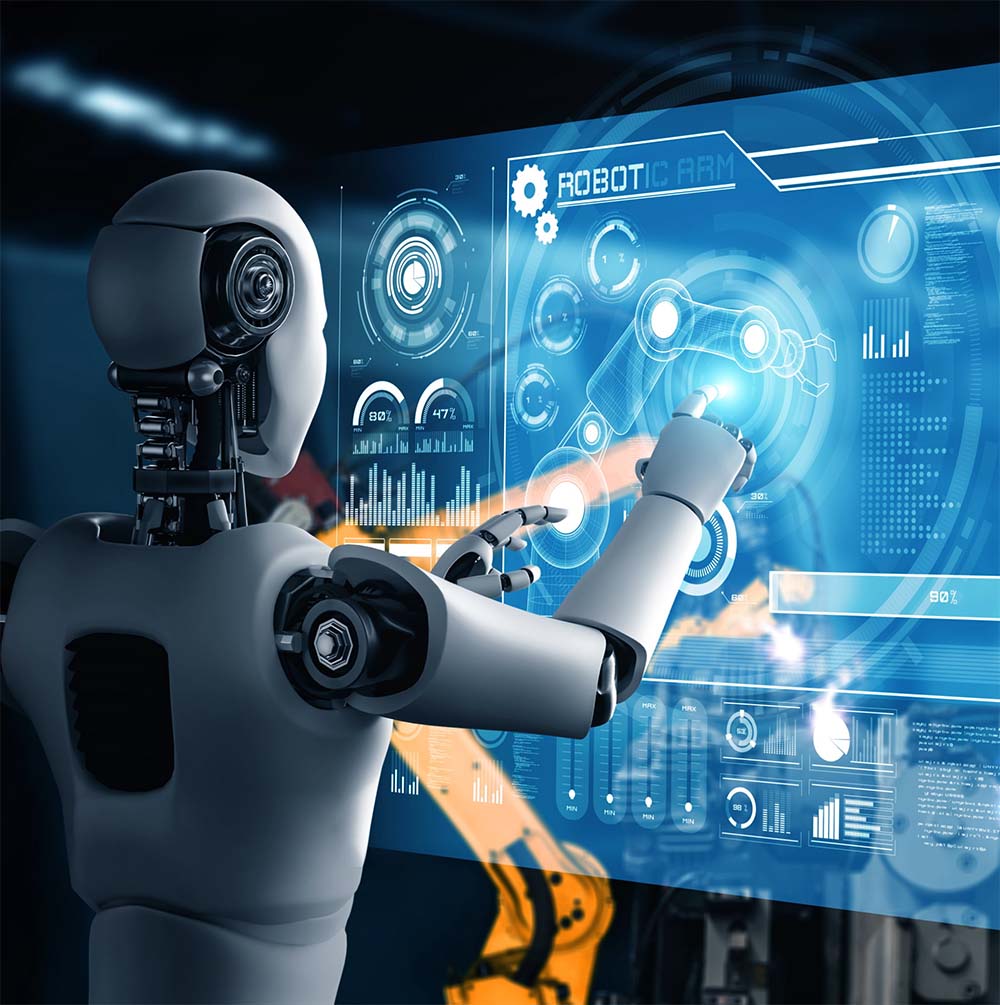
Robotics
Enabling precise navigation and object detection for autonomous robots.
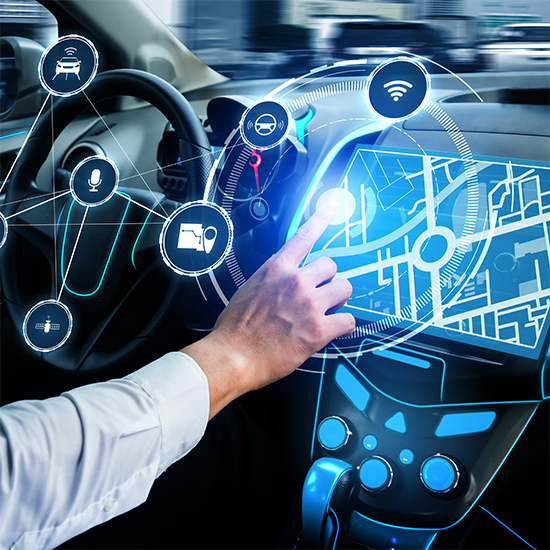
Autonomous Driving
Advanced sensing for self-driving vehicles.
Application Areas of LiDAR
Benefits of Using LiDAR

High accuracy and
precision in 3D mapping

Real-time data
collection and processing

Ability to penetrate vegetation
and capture ground topography

Efficient large-scale
surveying and mapping

Enhanced safety in
autonomous systems

Improved decision-making
with detailed spatial information
Software Solutions for LiDAR
Neuvition provides software solutions to complement its hardware, including point cloud processing and analysis
tools, real-time visualization software, a data integration platform for enterprise applications, and customized
algorithms tailored to specific industry needs.

Success Stories
MetroInnovate Urban Solutions improved traffic flow by 15% after implementing Neuvition's Smart Highway system. Emily Parker, the Director of Smart City Development, played a key role in deploying this system to enhance urban traffic management and reduce congestion.

BuildMaster Construction reduced project timelines by 20% using Neuvition's LiDAR-based site monitoring solution. Michael Thompson, the COO, led the adoption of this technology, focusing on improving efficiency and project management.

DeepCore Mining increased excavation efficiency by 25% with Neuvition's volume measurement solution. Robert Lin, the Head of Operations, was instrumental in integrating this technology to optimize resource extraction and operational productivity.

FAQ












Contact Us
If you have any questions or suggestions, please leave a message, we will get in touch with you within 24 hours!
